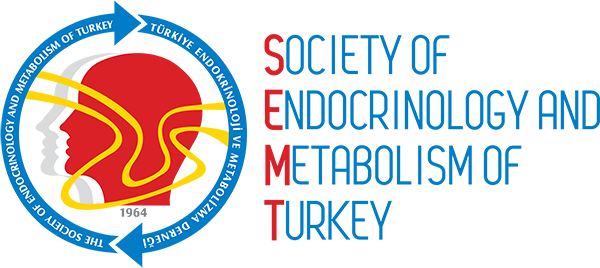The aim of this study was to investigate the incidence of congenital hypothyroidism (CH) in The West Black Sea Area, a mild to moderate iodine deficient area in Turkey. Neonatal screening for CH was performed using blood specimens collected onto filter paper. Thyrotropin (TSH) was measured by radioimmunoassay and a value >20 microunit/ml was considered a cut-off point for re-examining. Venous serum was obtained to measure TSH, thyroxin (T4), free T4 (FT4), and thyroglobulin (TG). To determine the iodine status of the study area, median urinary iodine was measured in 212 randomly selected neonates and their mothers. A total 18606 neonates were screened from three cities (Bolu, Duzce, and Zonguldak) between 2000 and 2002. With a cut-off point of TSH value >20 microunit/ml the recall rate was found 1.6%. Eight cases of CH were diagnosed (incidence 1/2326). There were 3 cases of transient hypothyroidism, with an incidence of 1/6202. Twenty-six percent of the TSH values were greater than 5 microunit/ml. Median urinary iodine concentrations in neonates and their mothers were 85 microgramg/l and 40 microgram/l, respectively. The incidences of CH, transient hypothyroidism, and the recall rate were higher in our study area than many countries in Europe. The study area has been affected by mild to moderate iodine deficiency. Neonatal screening for CH should be introduced in Turkey without delay. A national comprehensive infantile hypothyroidism and iodine prophylaxis policies should be developed.



.png)
.png)